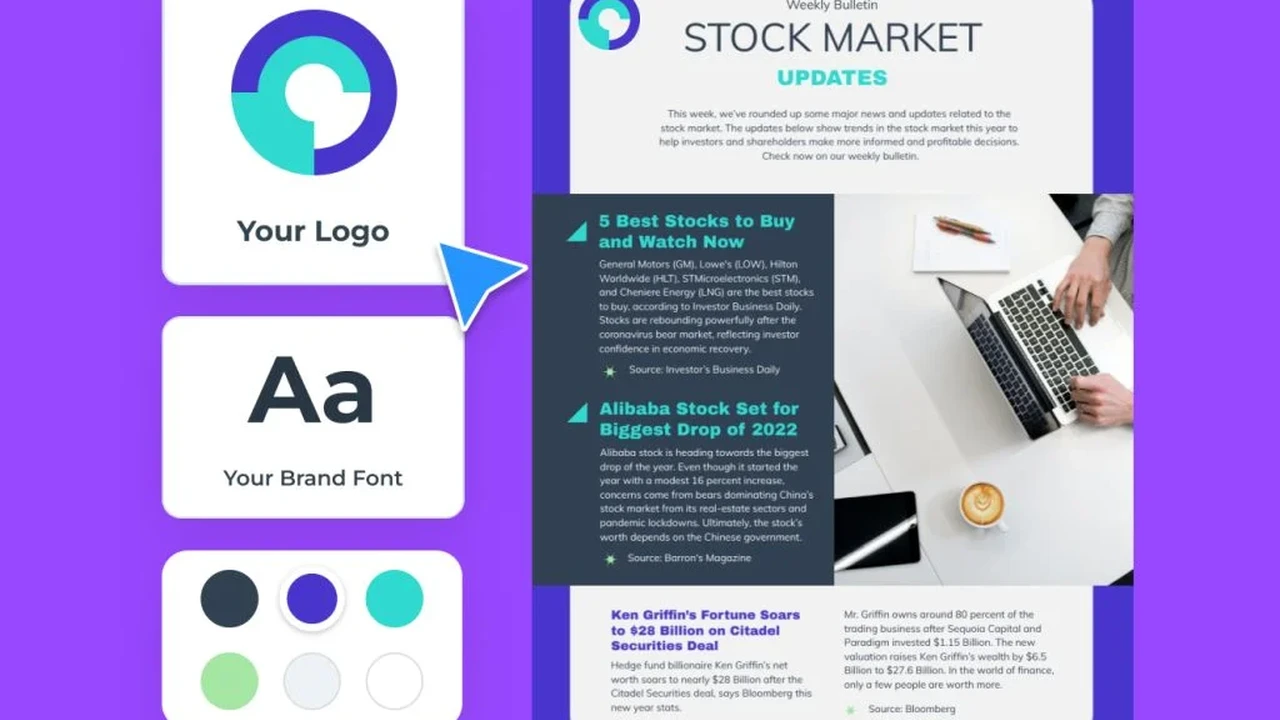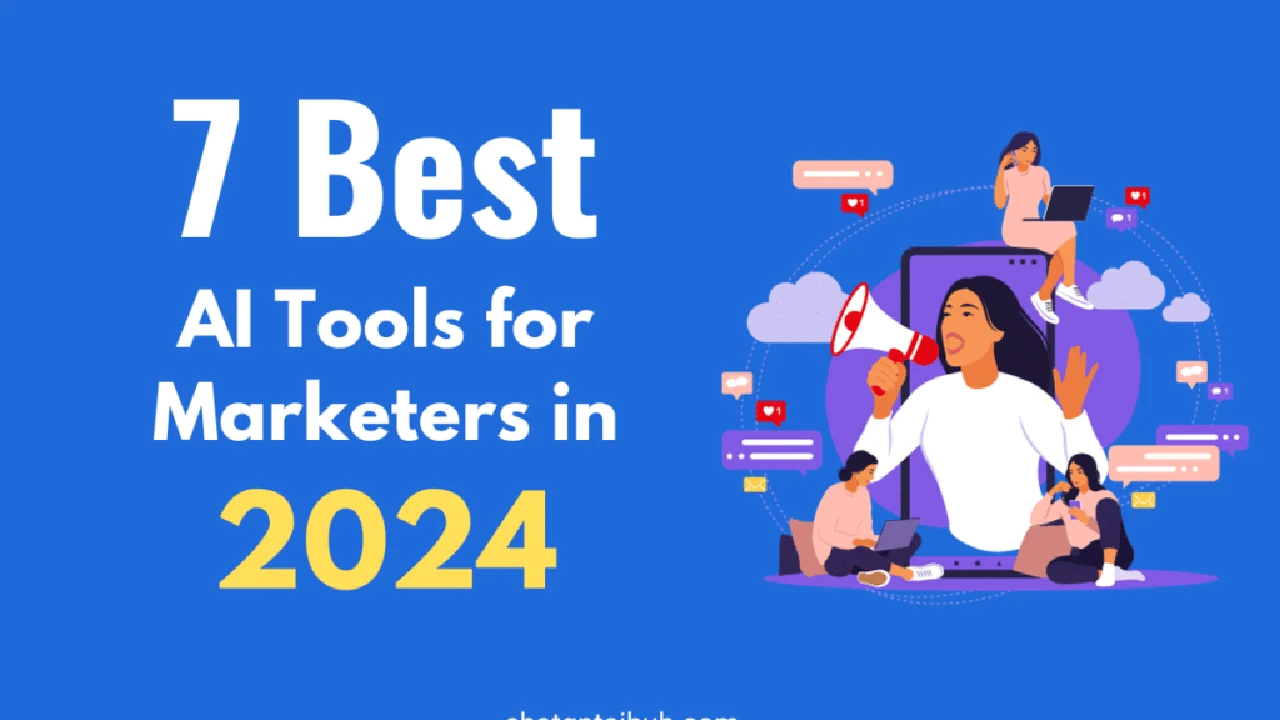AI in 2030: A Vision of the Future
Discover AI jobs and opportunities on top AI job boards. Explore AI careers, salaries, and required skills. Find AI jobs for machine learning, deep learning, data science, and more.

Navigating the AI Career Landscape The Role of AI Job Boards
So, you're ready to dive into the world of Artificial Intelligence? Awesome choice! It's a booming field with tons of exciting opportunities. But where do you even begin your search for that perfect AI job? That's where AI job boards come in! These specialized platforms are designed to connect AI professionals with companies actively seeking their skills. They’re like your personal AI career matchmakers, streamlining the job hunting process and helping you find roles that align with your expertise and ambitions. Forget endlessly scrolling through general job sites – AI job boards are laser-focused on the AI industry, making your search much more efficient.
Why Use AI Job Boards The Benefits for Job Seekers
Alright, let's get down to the nitty-gritty. Why should you specifically use AI job boards instead of, say, LinkedIn or Indeed? Here are a few compelling reasons:
- Targeted Job Listings: AI job boards are dedicated solely to AI-related positions. This means you won't have to sift through irrelevant listings to find what you're looking for. Every job posted is relevant to your skillset.
- Specialized Search Filters: These platforms often offer advanced search filters that allow you to narrow down your search by specific AI domains (e.g., machine learning, natural language processing), required skills (e.g., Python, TensorFlow), experience level (e.g., entry-level, senior), and location.
- Industry-Specific Insights: Many AI job boards provide valuable insights into the AI industry, such as salary trends, in-demand skills, and emerging technologies. This information can help you make informed decisions about your career path.
- Direct Access to AI Companies: AI job boards often feature direct postings from AI companies, giving you a better chance of connecting with recruiters and hiring managers directly.
- Networking Opportunities: Some AI job boards host networking events and forums, allowing you to connect with other AI professionals and learn about new opportunities.
Top AI Job Boards A Comprehensive Guide
Okay, so you're convinced that AI job boards are the way to go. But which ones are the best? Here's a rundown of some of the top AI job boards, along with details on what makes each one unique:
1. AI Jobs Board The Dedicated Platform for AI Professionals
Description: AI Jobs Board is a dedicated job board focused exclusively on artificial intelligence and machine learning roles. They offer a wide range of positions, from entry-level to executive, across various AI domains.
Features:
- Dedicated AI and ML focus
- Advanced search filters for AI skills and experience
- Company profiles with information on AI initiatives
- Salary data and industry insights
Pros: Highly targeted, user-friendly interface, comprehensive job listings.
Cons: May have fewer listings compared to larger, general job boards.
Example Job Titles: Machine Learning Engineer, Data Scientist, AI Researcher, NLP Engineer, Computer Vision Engineer.
Pricing: Free for job seekers; paid options for employers to post jobs and access resume database.
2. DataJobs.com The Premier Platform for Data Science and AI Careers
Description: DataJobs.com is a well-established job board catering to data science and AI professionals. It features a large database of job postings from companies of all sizes.
Features:
- Extensive database of data science and AI jobs
- Search filters for skills, location, and salary
- Career advice and resources
- Resume database for employers
Pros: Large job database, strong reputation, valuable career resources.
Cons: Can be overwhelming due to the sheer volume of listings, some positions may not be strictly AI-focused.
Example Job Titles: Data Scientist, Machine Learning Engineer, Data Analyst, Business Intelligence Analyst, AI Consultant.
Pricing: Free for job seekers; paid options for employers to post jobs and access resume database.
3. LinkedIn The Professional Networking Giant with AI Job Opportunities
Description: LinkedIn is the world's largest professional networking platform, and it also has a robust job board with a significant number of AI-related positions.
Features:
- Vast network of professionals in the AI industry
- Job postings from companies worldwide
- Ability to connect with recruiters and hiring managers directly
- Personalized job recommendations
Pros: Large network, personalized recommendations, ability to build relationships with industry professionals.
Cons: Job postings may not be as targeted as on dedicated AI job boards, can be difficult to stand out from the crowd.
Example Job Titles: AI Engineer, Machine Learning Scientist, Data Science Manager, AI Product Manager, Robotics Engineer.
Pricing: Free for basic job searching; premium features for enhanced job searching and networking.
4. Indeed The General Job Board with a Growing AI Presence
Description: Indeed is a general job board with a massive database of job postings. While not exclusively focused on AI, it has a growing number of AI-related positions listed.
Features:
- Extremely large job database
- Simple and user-friendly interface
- Salary data for various AI roles
- Company reviews and ratings
Pros: Huge job database, easy to use, provides salary data and company reviews.
Cons: Job postings may not be as targeted as on dedicated AI job boards, can be difficult to filter out irrelevant listings.
Example Job Titles: AI Developer, Machine Learning Specialist, Data Engineer, AI Research Assistant, Computer Vision Programmer.
Pricing: Free for job seekers; paid options for employers to post jobs and promote their listings.
5. AngelList The Startup-Focused Platform for AI Talent
Description: AngelList is a platform that connects startups with investors and talent. It's a great place to find AI jobs at early-stage companies.
Features:
- Focus on startup jobs
- Equity and stock option information for some positions
- Company profiles with information on their mission and values
- Direct communication with founders and early team members
Pros: Access to exciting startup opportunities, potential for high growth and impact, direct communication with company leaders.
Cons: Can be riskier than working for established companies, salaries may be lower in some cases.
Example Job Titles: AI Engineer, Machine Learning Scientist, Data Scientist, AI Product Manager, Robotics Engineer.
Pricing: Free for job seekers; paid options for employers to post jobs and access candidate profiles.
Essential Skills for Landing an AI Job What Employers Are Looking For
Finding the right AI job board is only half the battle. You also need to make sure you have the skills and qualifications that employers are looking for. Here are some of the most in-demand skills in the AI industry:
- Programming Languages: Python is the dominant language in AI, followed by R, Java, and C++.
- Machine Learning Algorithms: Understanding and implementing various machine learning algorithms (e.g., linear regression, logistic regression, decision trees, support vector machines, neural networks) is crucial.
- Deep Learning Frameworks: Familiarity with deep learning frameworks such as TensorFlow, PyTorch, and Keras is highly valued.
- Data Science Skills: Data analysis, data visualization, and statistical modeling are essential for working with AI data.
- Natural Language Processing (NLP): Knowledge of NLP techniques for processing and understanding human language is in demand.
- Computer Vision: Expertise in computer vision techniques for analyzing and interpreting images and videos is highly sought after.
- Cloud Computing: Experience with cloud platforms such as AWS, Azure, and Google Cloud is becoming increasingly important for deploying AI models.
- Mathematics and Statistics: A strong foundation in mathematics and statistics is essential for understanding the underlying principles of AI algorithms.
- Communication Skills: The ability to communicate complex AI concepts to both technical and non-technical audiences is crucial.
- Problem-Solving Skills: AI professionals need to be able to identify and solve complex problems using AI techniques.
Beyond Job Boards Other Resources for Your AI Career Search
While AI job boards are a great starting point, there are other resources that can help you in your AI career search. Consider exploring these options:
- AI Conferences and Workshops: Attending AI conferences and workshops is a great way to learn about new technologies, network with industry professionals, and discover job opportunities.
- AI Online Courses and Certifications: Taking online courses and earning certifications in AI can help you develop your skills and demonstrate your expertise to potential employers. Platforms like Coursera, edX, and Udacity offer a wide range of AI courses.
- AI Research Papers and Publications: Staying up-to-date on the latest AI research is crucial for staying competitive in the field. Read research papers and publications from leading AI conferences and journals.
- AI Communities and Forums: Joining AI communities and forums is a great way to connect with other AI professionals, ask questions, and share your knowledge.
- AI Open Source Projects: Contributing to AI open source projects can help you gain practical experience and build your portfolio.
Specific AI Products and Their Impact on Job Roles
The rise of AI has led to the development of numerous AI-powered products and services. Understanding these products and their impact on various job roles can give you a competitive edge in the job market. Here are a few examples:
1. TensorFlow and PyTorch (Deep Learning Frameworks)
Description: TensorFlow and PyTorch are two of the most popular deep learning frameworks. They provide the tools and libraries needed to build and train complex neural networks.
Impact on Job Roles: Machine Learning Engineers, Deep Learning Engineers, AI Researchers, Computer Vision Engineers, NLP Engineers all heavily rely on these frameworks.
Use Cases: Image recognition, natural language processing, speech recognition, fraud detection, recommendation systems.
Comparison: TensorFlow is generally considered more suitable for production deployments, while PyTorch is often preferred for research and experimentation. Both frameworks are constantly evolving and improving.
Pricing: Open source and free to use.
2. AWS SageMaker (Machine Learning Platform)
Description: AWS SageMaker is a fully managed machine learning platform that provides a comprehensive set of tools for building, training, and deploying AI models.
Impact on Job Roles: Machine Learning Engineers, Data Scientists, AI Architects, Cloud Engineers use SageMaker to streamline the machine learning process.
Use Cases: Predictive analytics, fraud detection, customer churn prediction, personalized recommendations.
Comparison: SageMaker offers a wide range of features and integrations with other AWS services, making it a popular choice for companies that are already using AWS. Other cloud providers like Azure and Google Cloud also offer similar machine learning platforms.
Pricing: Pay-as-you-go pricing based on the resources used.
3. OpenAI GPT-3 (Natural Language Processing Model)
Description: OpenAI GPT-3 is a powerful natural language processing model that can generate human-quality text, translate languages, and answer questions.
Impact on Job Roles: NLP Engineers, AI Content Creators, Chatbot Developers, Customer Support Agents can leverage GPT-3 to automate tasks and improve communication.
Use Cases: Content creation, chatbot development, language translation, text summarization, code generation.
Comparison: GPT-3 is one of the most advanced NLP models available, but it can be expensive to use and may require significant customization for specific applications. Other NLP models like BERT and RoBERTa are also widely used.
Pricing: Pay-as-you-go pricing based on the number of tokens used.
4. Tableau (Data Visualization Tool)
Description: Tableau is a popular data visualization tool that allows users to create interactive dashboards and reports from various data sources.
Impact on Job Roles: Data Scientists, Data Analysts, Business Intelligence Analysts use Tableau to visualize data and communicate insights to stakeholders.
Use Cases: Data analysis, trend identification, performance monitoring, report generation.
Comparison: Tableau is a user-friendly tool with a wide range of visualization options. Other data visualization tools like Power BI and Qlik Sense are also popular.
Pricing: Subscription-based pricing.
Salary Expectations for AI Professionals What You Can Earn
AI professionals are in high demand, and their salaries reflect that. However, salary expectations can vary depending on factors such as experience level, skills, location, and company size. Here's a general overview of salary expectations for different AI roles:
- Entry-Level AI Engineer: $80,000 - $120,000 per year
- Mid-Level AI Engineer: $120,000 - $180,000 per year
- Senior AI Engineer: $180,000 - $250,000+ per year
- Data Scientist: $100,000 - $200,000+ per year
- Machine Learning Engineer: $120,000 - $250,000+ per year
- AI Researcher: $100,000 - $200,000+ per year
- AI Product Manager: $150,000 - $300,000+ per year
These are just estimates, and actual salaries may vary. It's important to research salary trends in your specific location and industry to get a more accurate picture of what you can expect to earn.
Tips for Standing Out on AI Job Boards How to Impress Recruiters
With so many talented AI professionals competing for the same jobs, it's important to make sure your application stands out. Here are a few tips for impressing recruiters on AI job boards:
- Tailor Your Resume and Cover Letter: Customize your resume and cover letter for each job you apply for, highlighting the skills and experience that are most relevant to the position.
- Showcase Your Projects and Portfolio: Include links to your personal projects, GitHub repositories, and online portfolio to demonstrate your skills and experience.
- Highlight Your AI Skills: Clearly list your AI skills and experience in your resume and cover letter, using keywords that are commonly used in AI job descriptions.
- Quantify Your Achievements: Use numbers and metrics to quantify your achievements and demonstrate the impact you've made in previous roles.
- Network with Industry Professionals: Connect with recruiters and hiring managers on LinkedIn and attend AI networking events to build relationships and learn about new opportunities.
- Prepare for Technical Interviews: Brush up on your technical skills and practice answering common AI interview questions.
The Future of AI Jobs Emerging Trends and Opportunities
The AI industry is constantly evolving, and new trends and opportunities are emerging all the time. Here are a few trends to watch out for:
- Edge AI: Deploying AI models on edge devices (e.g., smartphones, IoT devices) to enable real-time processing and reduce latency.
- Explainable AI (XAI): Developing AI models that are transparent and interpretable, allowing users to understand how they make decisions.
- AI Ethics: Addressing the ethical and societal implications of AI, such as bias, fairness, and privacy.
- Generative AI: Using AI to generate new content, such as images, videos, and text.
- Reinforcement Learning: Training AI agents to make decisions in dynamic environments.
By staying up-to-date on these trends and developing the skills needed to work with them, you can position yourself for success in the AI job market.
:max_bytes(150000):strip_icc()/277019-baked-pork-chops-with-cream-of-mushroom-soup-DDMFS-beauty-4x3-BG-7505-5762b731cf30447d9cbbbbbf387beafa.jpg)






